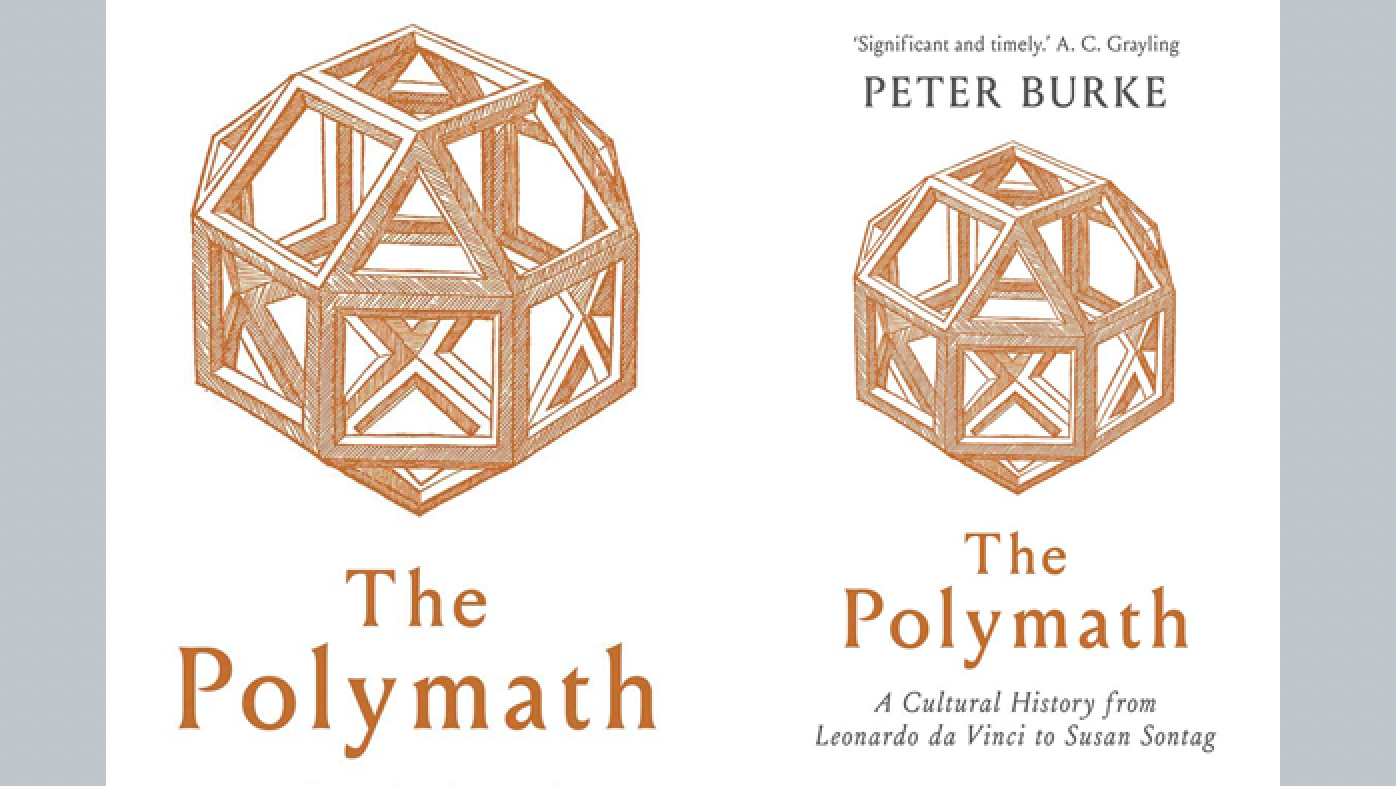School of Law Author Series 2020/21. Seminar 12 with Professor Peter Burke
School of Law Author Series 2020/21 - Conversations with Donna Lyons. Seminar 12 with Professor Peter Burke.
Professor Peter Burke will speak at Trinity College Dublin on 25 November, on his new book, ‘The Polymath: A Cultural History from Leonardo da Vinci to Susan Sontag’. The School of Law is delighted to be co-hosting this event with the History Department, Trinity College Dublin, and Dr. Patrick Houlihan, Assistant Professor and Director of the MPhil Programme in International History.
Date and time: 6pm - 7pm Dublin, Wednesday, 25 November 2020
Attendees can join the webinar directly via Zoom and the event will be simultaneously live-streamed on the Law School Facebook Page. This event is free and open to all and there will be an opportunity for Q&A. The webinar can accommodate 100 attendees and participants will be admitted on a first come, first served basis. If the webinar fills to capacity, it will be possible to watch the Facebook Live Stream, and a recording will also be made available following the event. We look forward to seeing you there!
Peter Burke was educated at St Ignatius’s College, Stamford Hill, London, and St John’s College Oxford. He was one of the first junior lecturers to be appointed at the University of Sussex, attracted by the interdisciplinary programme, and remained there for 17 years (1962-79). Peter moved to Cambridge in 1979, where he became Professor of Cultural History. He retired from the Chair in 2004 but remains a Life Fellow of Emmanuel College. Professor Burke is married to the Brazilian historian Maria Lúcia García Pallares-Burke.
Peter has published hundreds of articles and chapters and 30 books, from Culture and Society in Renaissance Italy (1972) to A Social History of Knowledge (2 vols., 2000-2012) and Exiles and Expatriates in the History of Knowledge (2017). His work has been translated into 33 languages. For most of his career, Peter worked on the cultural and social history of early modern Europe, but now extends his investigations more widely to include Brazil and the 20th century.
About 'The Polymath':
From Leonardo Da Vinci to John Dee and Comenius, from George Eliot to Oliver Sacks and Susan Sontag, polymaths have moved the frontiers of knowledge in countless ways. But history can be unkind to scholars with such encyclopaedic interests. All too often these individuals are remembered for just one part of their valuable achievements. In this engaging, erudite account, renowned cultural historian Peter Burke argues for a more rounded view. Identifying 500 western polymaths, Burke explores their wide-ranging successes and shows how their rise matched a rapid growth of knowledge in the age of the invention of printing, the discovery of the New World and the Scientific Revolution. It is only more recently that the further acceleration of knowledge has led to increased specialisation and to an environment that is less supportive of wide-ranging scholars and scientists. Spanning the Renaissance to the present day, Burke changes our understanding of this remarkable intellectual species


